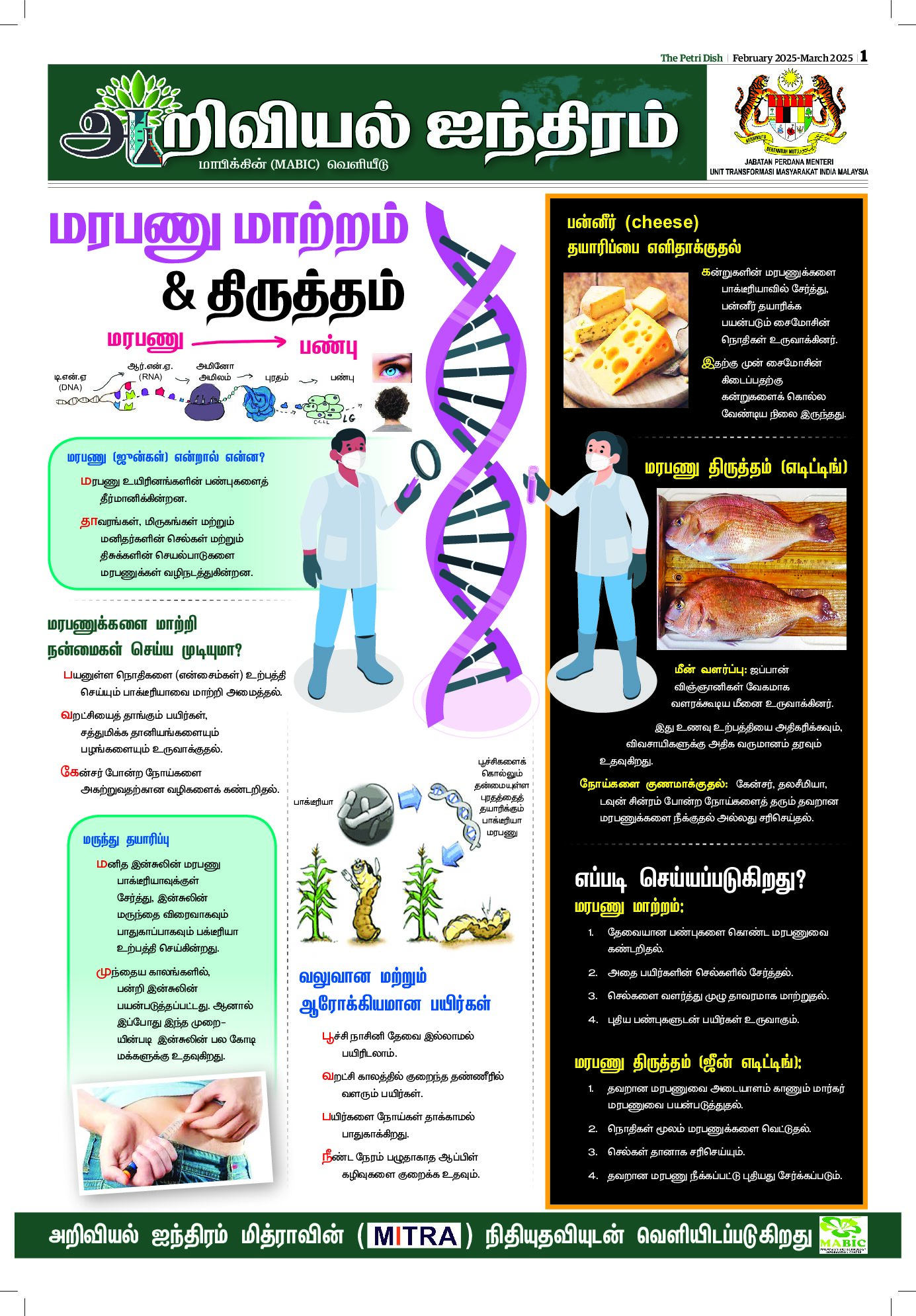THE opening of the Biotech Outreach Program for the Philippines kicked off with two webinars specifically intended for policymakers and the judicial branch of the Philippine government. The objective was for the participants to learn and share knowledge about the acceptance of biotechnology in the country, specifically genome-edited crops, for the improvement of the agricultural sector through sustainable means derived from new breeding innovations.
The webinars were conducted on August 5, 2021, for the members of the House of Representatives, and on August 10, 2021, for the judicial branch via Zoom. ISAAA, the Southeast Asian Regional Center for Graduate Study and Research in Agriculture (SEARCA), and the United States Department of Agriculture Foreign Agricultural Service (USDA FAS) Manila co-organized the activity as a follow up to the Biotech Outreach Program 2020 that focused on animal biotechnology. This year’s program highlighted genome editing applications for crops and the importance of a science-based national regulatory framework. Moreover, the webinars also tackled the judicial and legislative processes involved in developing biotechnology resolutions.
Dr Wayne Parrot of the University of Georgia gave an international overview of genome editing technology and its applications, potentials, and policies to the House of Representatives. This was followed by a presentation from the Philippine perspective by Dr Gabriel Romero of the Philippine Seed Industry Association.
Also present were Elisa T. Kho of the 2nd District of Masbate and Chair of the House Committee on Rural Development, Hon. Wilfredo S. Caminero of the 2nd District of Cebu and Chair of the House Committee on Food Security, and Hon. Enrico Aristotle C. Aumentado of the 2nd District of Bohol and the Chair of the House Committee on Science and Technology. Each gave their words of encouragement to their fellow Representatives to support science and technology.
“There is effort and dedication on addressing the (agricultural and food) problem, and this discussion on genome editing should be shared by more people from different sectors to make it a trending topic and break barriers of misconception of the technology,” according to Rep Caminero.
“Biotech crops can help improve nutrition and are necessary to alleviate hunger. The economic aspect of agriculture will also alleviate due to less cost of labour, pesticides, and improved income. This discussion is productive,” he added. It was also announced during the webinar that the Congress’ hearing about the bill on animal biotechnology will be held on August 16, 2021.
Atty Gregory Jaffe and Atty Paz J. Benavidez II served as resource speakers for the webinar intended for the judicial branch. Jaffe, who is the Director of Project on Biotechnology of the Center for Science in the Public Interest based in Washington DC, provided the global perspective about genome-edited crops, and genome editing applications for crops science and evidence-based regulatory frameworks. Benavidez, Independent Policy, Institutional, Legislative and Legal Consultant, shared the national perspective about genome-edited crops and discussed the regulatory approaches and prospects of genome editing in the Philippines. The topics produced a lively discussion among the speakers and participants. It was viewed by more than 400 members and personnel of the judicial branch.
The webinars are the first two parts of the Philippine Biotech Outreach Program for 2021. The next three sessions will run for the next three weeks and will cater to regulators and experts, scientists and technology developers, and the general public.










